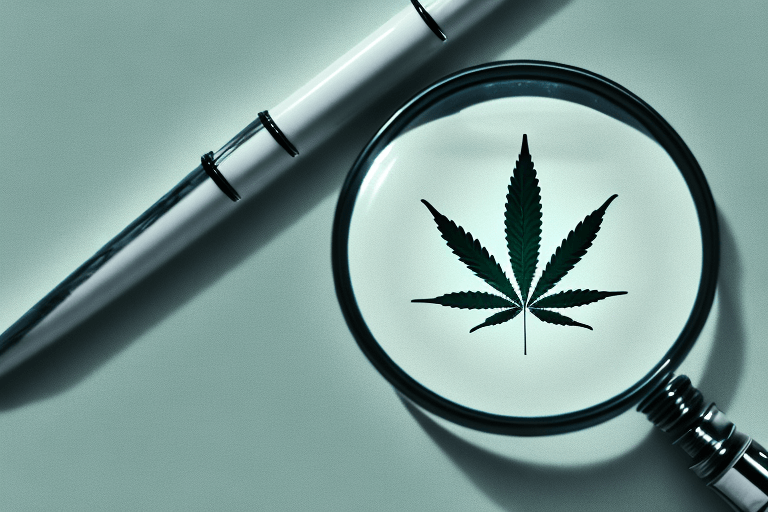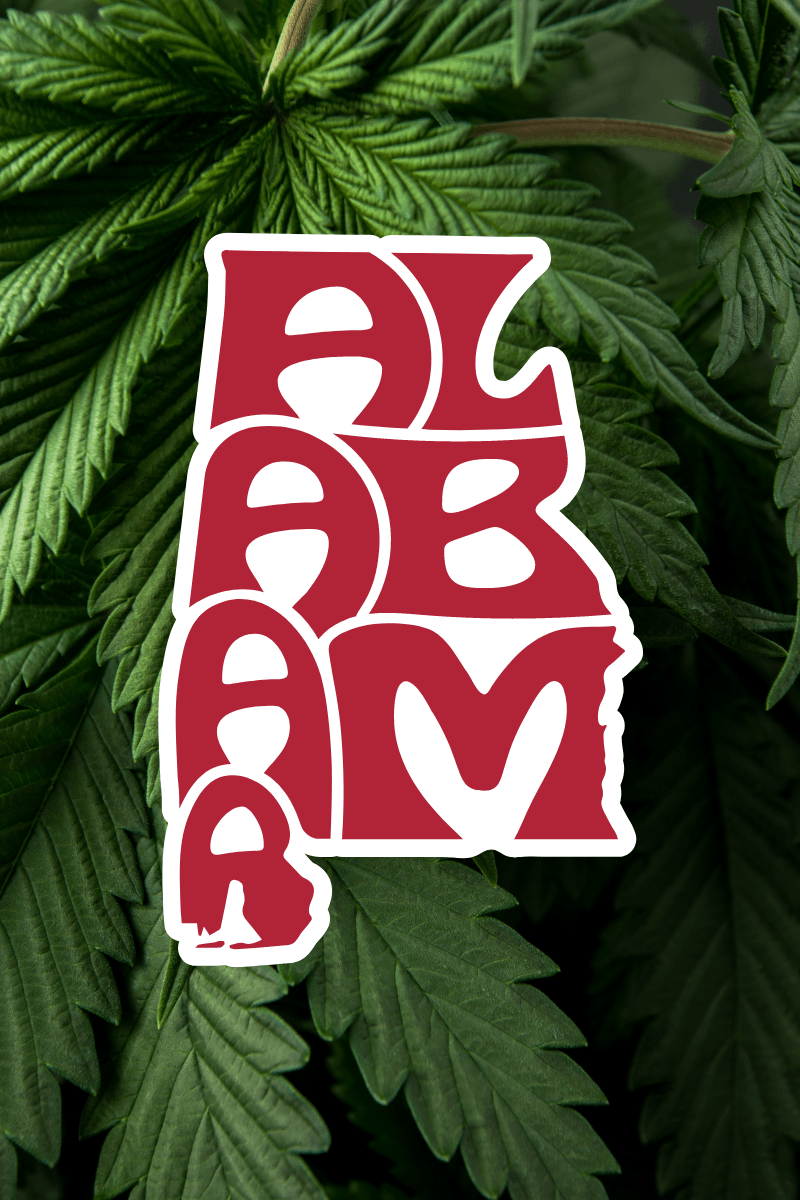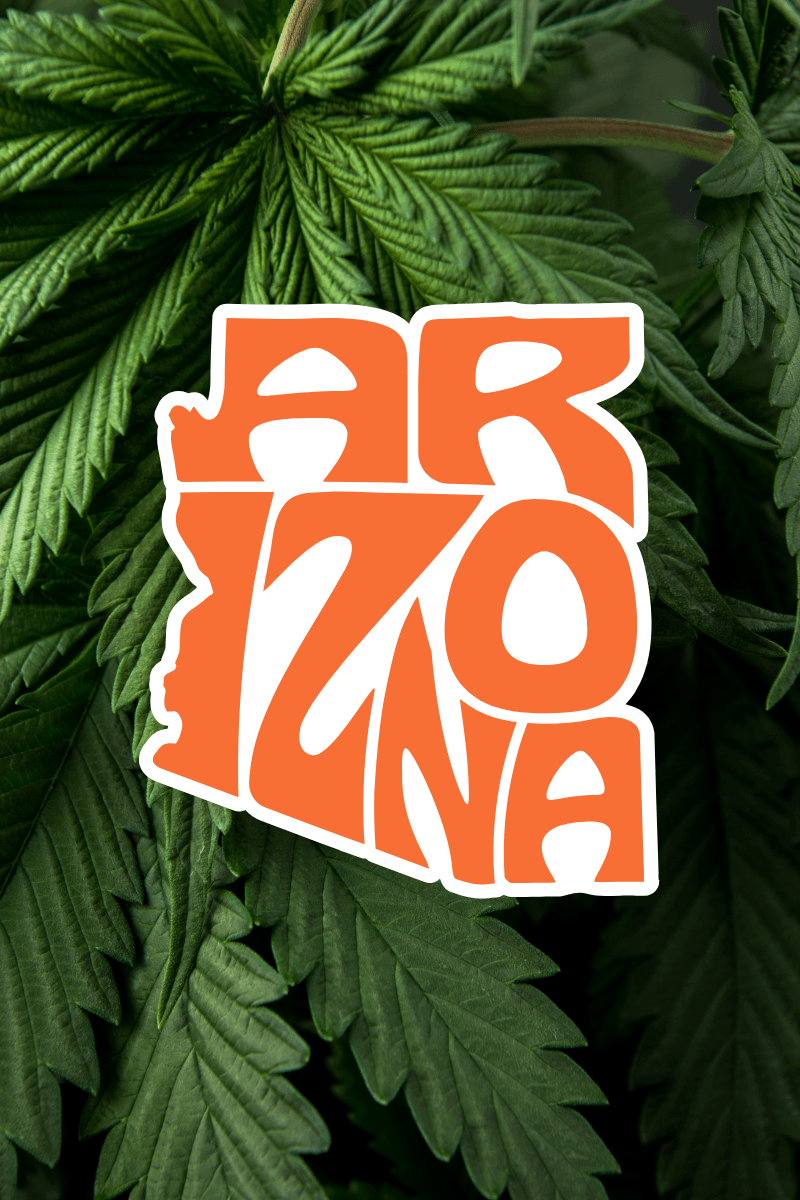Delta 8, a cannabinoid derived from hemp, has gained popularity in recent years.
However, Mississippi is one of the few states that goes against Federal guidelines.
To better understand the legal landscape surrounding Delta 8, it's essential to have a clear understanding of what the 2018 Farm Bill is and its relation to Delta 8.
Table of Contents
Understanding Delta 8
What is Delta 8?
Delta 8 is a naturally occurring cannabinoid that is similar to Delta 9 in terms of its chemical structure and effects.
When consumed, Delta 8 interacts with the body's endocannabinoid system, a complex network of receptors and neurotransmitters responsible for maintaining homeostasis. By binding to these receptors, Delta 8 can influence various physiological processes, including mood, appetite, and pain perception.
The Legal Status of Delta 8 in the United States
Federal Laws Regarding Delta 8
Under federal law, hemp-derived products are legal as long as they contain less than 0.3% Delta 9 THC. This distinction is crucial because Delta 8 is typically extracted from hemp, not marijuana. Therefore, Delta 8 falls within the legal parameters set by the federal government.
Delta 8 has gained popularity in recent years due to its psychoactive effects that are milder than those of Delta 9 THC. Many people are drawn to Delta 8 for its potential therapeutic benefits, such as reducing anxiety and promoting relaxation.
However, the legality of Delta 8 becomes murkier when it comes to state-by-state regulations, including those in Mississippi.
State-by-State Regulations
Each state has the right to establish its own regulations regarding the legality of hemp-derived products, including Delta 8. Some states have explicitly legalized Delta 8, while others have banned it or imposed restrictions on its sale and possession.
Delta 8 Laws in Mississippi
In the case of Mississippi, the SB 2725 bill based on the 2018 Farm Bill allowed growing hemp and making products from it, but a later rule changed this. Under the new rule (HB 1547) Mississippi banned all THC that comes from hemp, including any kind of synthetic THC - this includes Delta 8.
This is all to say, Delta 8 THC is not legal in Mississippi.
The Future of Delta 8 in Mississippi
Given the increasing popularity of Delta 8 and the growing demand for clarification on its legal status, it is possible that Mississippi will revisit the legality in the future.
Potential Changes in Legislation
With the potential changes in legislation, Mississippi could join other states in adopting a more comprehensive approach to Delta 8. This could involve setting limits on Delta 8 concentration, requiring lab testing for purity and potency, and implementing labeling requirements to inform consumers about the product they are purchasing.
Moreover, the legislation could also address the age restrictions for purchasing Delta 8 products. This would ensure that only adults who are of legal age are able to access and consume these products, promoting responsible use and preventing potential misuse among minors.
By enacting specific legislation, Mississippi would not only provide clarity for consumers and businesses but also demonstrate a commitment to public health and safety.
Impact on Mississippi's Cannabis Industry
If Delta 8 were to be legalized in Mississippi, it could have a significant impact on the state's cannabis industry. It would open up new opportunities for hemp farmers, manufacturers, and retailers, potentially leading to job creation and economic growth.
Legalization of Delta 8 would allow hemp farmers to diversify their crops and tap into a growing market. They could cultivate hemp strains specifically bred for high Delta 8 content, meeting the demand of consumers who seek its unique effects.
Manufacturers would also benefit from the legalization of Delta 8. They could develop innovative products such as Delta 8-infused edibles, tinctures, and topicals, catering to a wider consumer base. This would not only boost the local economy but also attract businesses and investors to the state.
Furthermore, the retail sector would experience a surge in Delta 8 sales. Dispensaries and stores specializing in cannabis products would have the opportunity to expand their offerings and attract new customers. This, in turn, could generate tax revenue for the state and contribute to its economic development.
Overall, the legalization of Delta 8 in Mississippi would have far-reaching effects on the state's cannabis industry, stimulating growth, and fostering innovation. It would position Mississippi as a progressive state that embraces the potential of hemp-derived products and supports the economic well-being of its residents.
Navigating Delta 8 Use in Mississippi
Safe and Legal Use of Delta 8
While the legal status of Delta 8 in Mississippi remains illiegal, it is crucial to prioritize safety and legality. Consumers should educate themselves about the potential risks and benefits of Delta 8 and only purchase products from reputable sources that provide third-party lab testing and certificates of analysis.
Conclusion
In conclusion, the legal status of Delta 8 in Mississippi is clear: It is illegal.
Discover High-Quality Delta 8 Products at GreenPost
If you're in a state where Delta 8 is legal, look no further than GreenPost. We pride ourselves on offering top-notch Delta 8 gummies, oils, flower and more, all sourced from high-quality hemp. Our products undergo stringent testing to ensure purity and potency.





Leave a comment
This site is protected by hCaptcha and the hCaptcha Privacy Policy and Terms of Service apply.